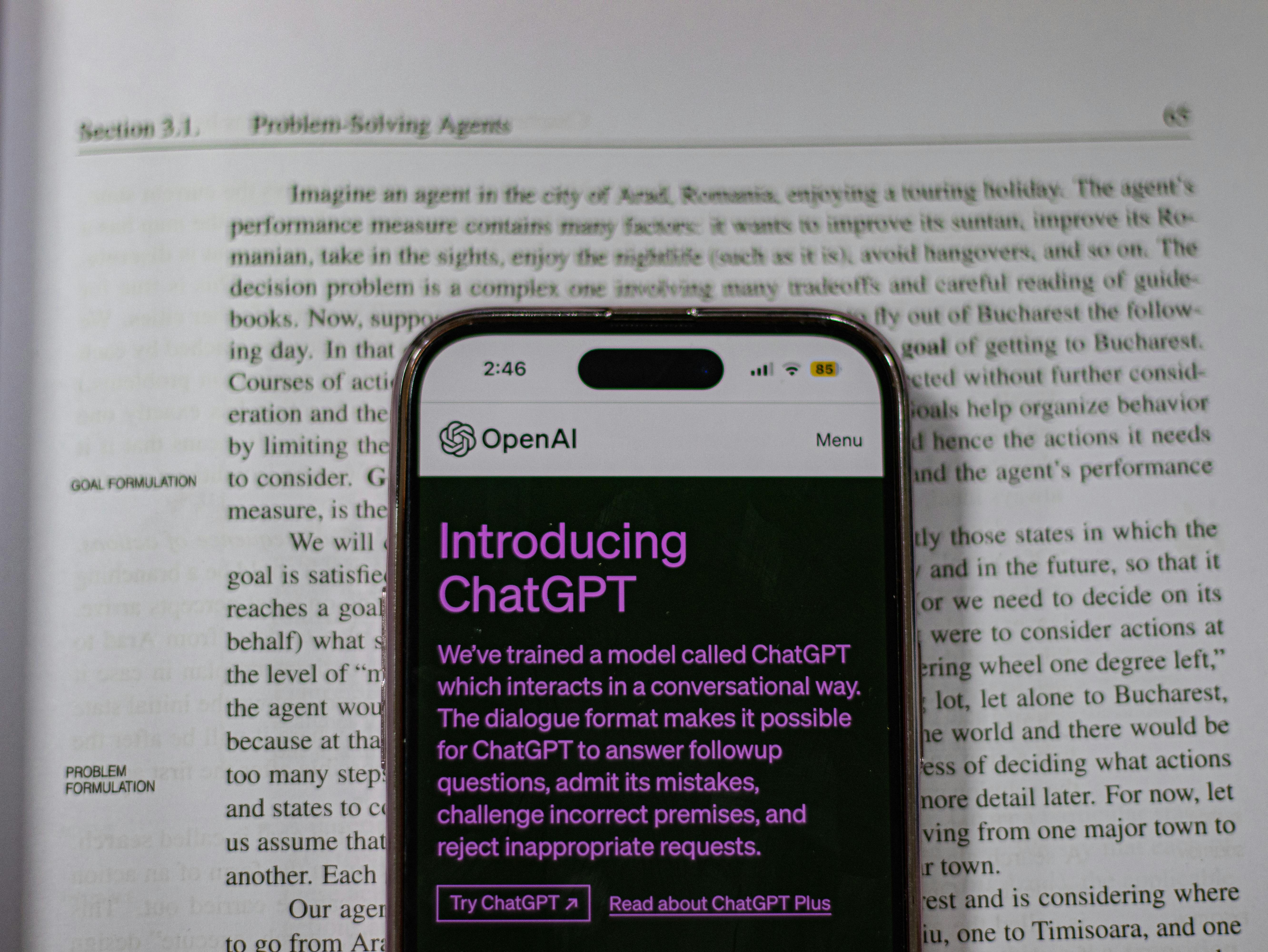
Introduction
In a groundbreaking move that could redefine the digital landscape, Cloudflare has announced a significant policy change aimed at protecting content creators from the pervasive practices of AI content scraping. This initiative seeks to address the long-standing imbalance in the internet ecosystem, where the value of original content created by individuals and companies is often overshadowed by the mass consumption and redistribution of that content by AI programs. With Cloudflare blocking AI crawlers from accessing web content unless they gain explicit permission from content owners, this shift may have profound implications for the future of digital publishing and content creation.
A Broken Agreement in the New Online Era
For many years, the agreement between content publishers and search engines was relatively straightforward. Publishers offered their material for free, and in return, search engines like Google would direct traffic to their websites. However, the rise of advanced AI tools has disrupted this ecosystem. Modern AI systems, such as chatbots and generative models, scrape vast amounts of data from the web to enhance their capabilities, often without the consent of the original creators. This has resulted in a scenario where valuable insights are extracted from content but do not lead to increased traffic or recognition for the content creators.
Cloudflare’s New Policy: A Shift in Power Dynamics
The new policy introduced by Cloudflare aims to change the power dynamics in favor of content creators. Instead of relying on publishers to block AI crawlers via standard measures like ‘robots.txt’, Cloudflare will take a proactive approach by blocking AI systems that fail to request permission from the content owners. This change represents a significant shift from the previous model, where AI companies could access web material freely without any accountability.
By requiring AI companies to seek permission first, Cloudflare is not only protecting the rights of creators but also paving the way for potential monetization opportunities through licensing agreements and compensation models. This development could lead to a more equitable internet where content creators are compensated fairly for their contributions.
Support from Major Media Companies
The response from major media companies and platforms has been overwhelmingly supportive of Cloudflare’s decision. Companies like Gannett, USA Today Network, Conde Nast, and others are rallying behind these new protections against unauthorized content scraping. Steve Huffman, CEO of Reddit, highlighted the importance of transparency and control within the digital ecosystem, emphasizing that this initiative will help safeguard online communities from exploitation.
Building the Next Business Model on the Internet
Cloudflare’s approach goes beyond merely blocking unauthorized access; it aims to construct a more just framework for the internet. Matthew Prince, the Managing Director of Cloudflare, stated that the company is committed to developing protocols that allow publishers to maintain granular control over how their content is used. For example, some news organizations might permit their content to be accessed by search engines but restrict its use for training AI models.
This innovative approach signals a potential transformation of the digital marketplace, where the focus may shift from sheer traffic generation to valuing knowledge and intellectual property. As a result, the future digital landscape could see a greater emphasis on ethical consumption of content and accountability from AI entities.
A Wake-Up Call for the AI Industry
The announcement from Cloudflare comes at a time when the AI industry is facing increasing scrutiny regarding its methods of data aggregation. Recent meetings between tech giants like OpenAI, Google, and Meta with various news organizations have centered around the need for more stringent regulations regarding the use of copyrighted content for AI training purposes. This wave of pushback against unrestricted data harvesting signifies a crucial turning point in how AI companies will approach content sourcing in the future.
While the implementation of Cloudflare’s AI crawler block won’t halt AI development, it will introduce an essential layer of friction that compels these companies to prioritize gaining consent and understanding the associated costs of data use. This could lead to a more regulated AI landscape, where the rights of content creators are respected.
Implications for Content Creators and Publishers
For bloggers, journalists, educators, and digital media brands, Cloudflare’s new policy could act as a game-changer. Instead of passively losing control over their content to indiscriminate data scraping, publishers will now have a means to protect their work. This shift allows them to establish guidelines on how their content is used, creating an opportunity for greater control and, ultimately, potential revenue streams.
- Who can access the content on your site?
- Can your content be utilized for AI training?
- Is there a need for compensation or licensing agreements?
This pivot from a chaotic and unrestricted environment towards a more structured and fair approach signifies a vital shift in how copyright and content ownership will be viewed in the digital age.
Conclusion: Towards a Respectful Digital Ecosystem
Cloudflare’s decision to block AI crawlers is not just a technical adjustment; it represents a cultural and economic shift in the broader digital ecosystem. It underscores the rising conviction that the intellectual property rights of creators must be acknowledged and respected. As we move deeper into the AI revolution, the demand for justice, transparency, and respect within the digital space becomes increasingly paramount.
By adopting these new measures, Cloudflare is leading the way towards an internet that honors ownership and recognizes the value of knowledge. This pivotal moment may mark the beginning of a more equitable digital future, where content creators are duly recognized and compensated for their essential contributions to the web.
